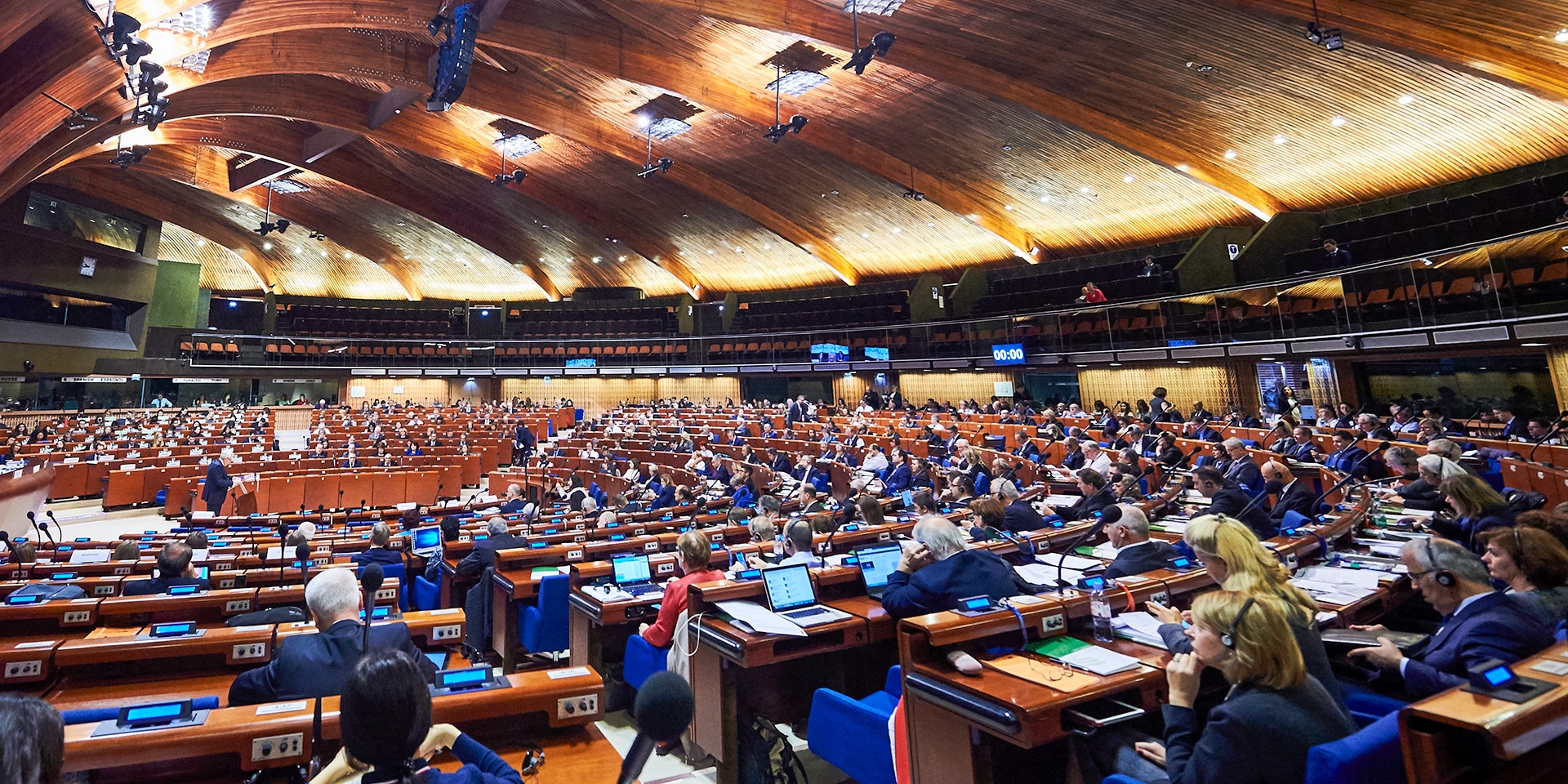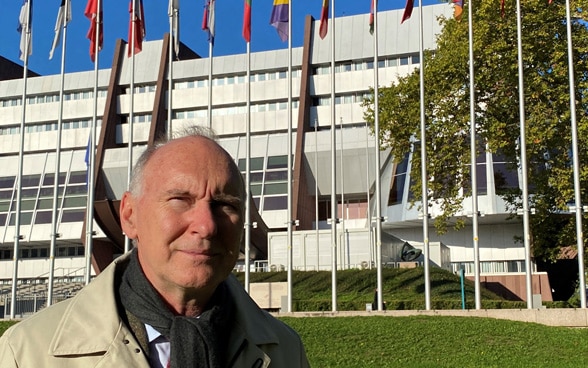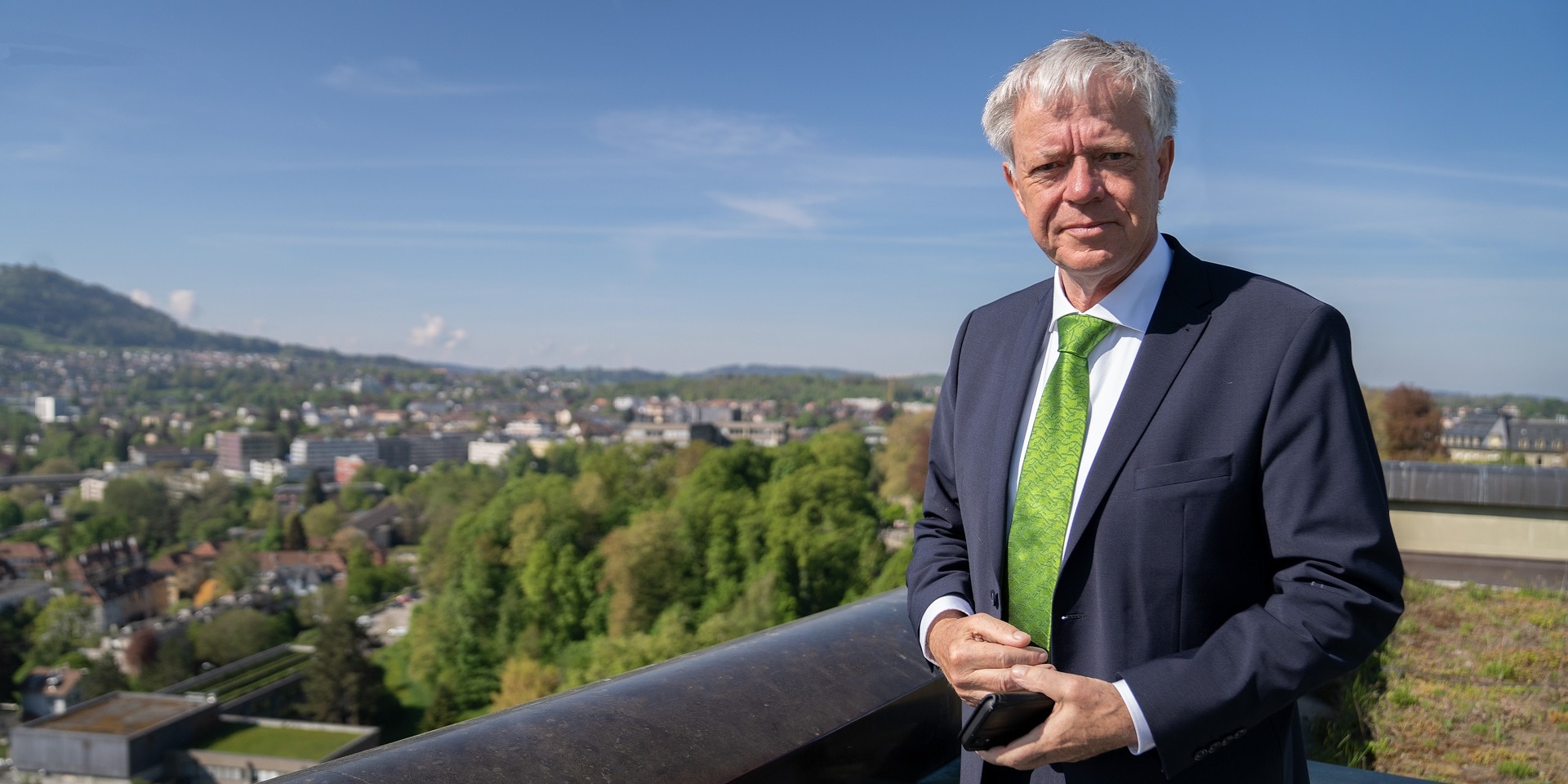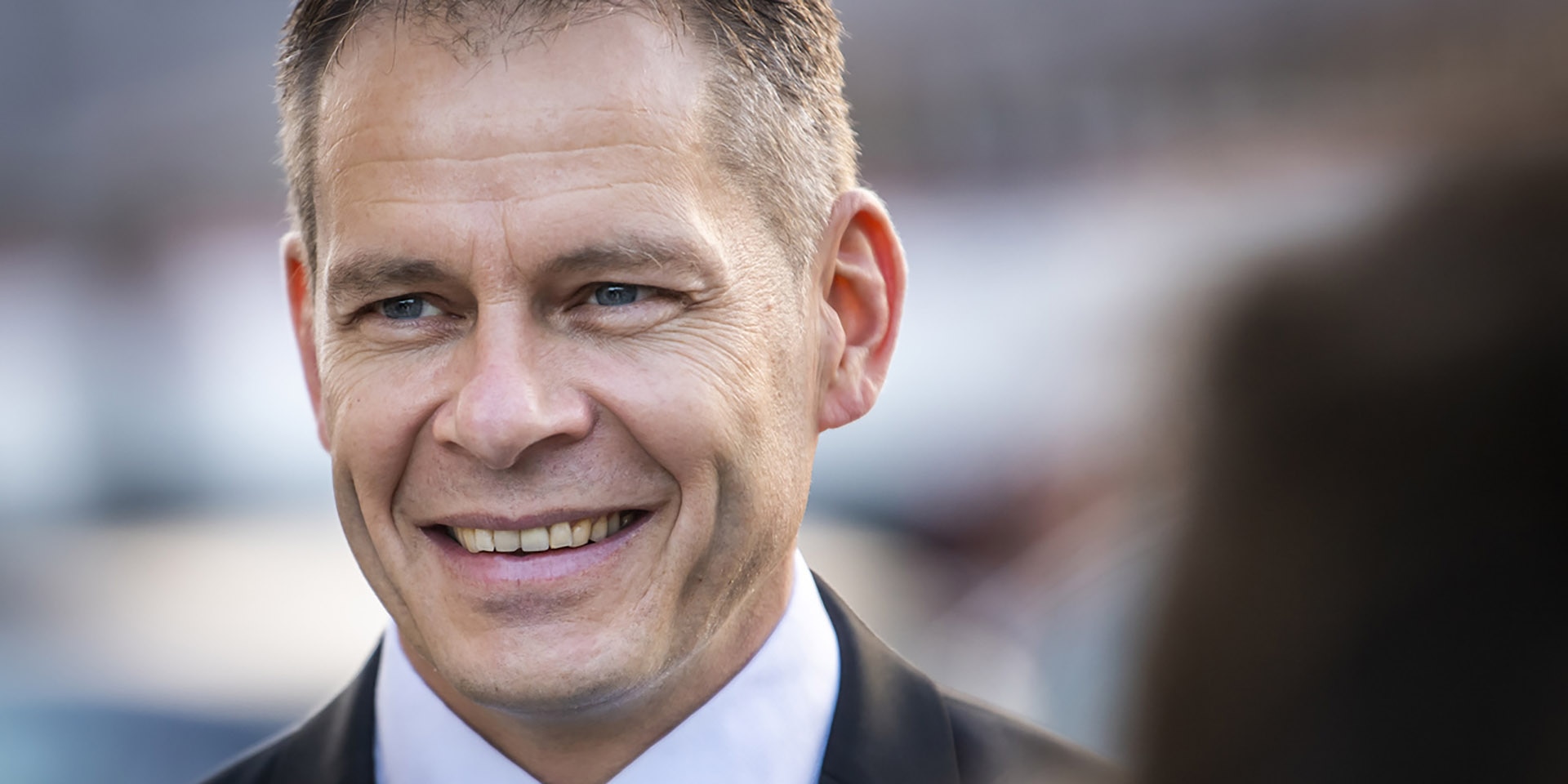The Council of Europe
The Council of Europe was founded in 1949 and is based in Strasbourg. It is both the largest European political organisation in terms of number of member states, and the oldest. Its work focuses on promoting human rights, democracy and the rule of law. The Council of Europe currently has 46 members. Switzerland became the 17th member of the organisation on 6 May 1963.
To date, Switzerland has ratified more than half of the 200 conventions of the Council of Europe, which form the basis for amending and harmonising laws in the various member states.
One of the major achievements of the Council of Europe has been the European Convention on Human Rights. This confers the right to file individual complaints with the European Court of Human Rights in Strasbourg. Any victim of a violation of the rights or guarantees set out in the convention or its protocols can refer the matter to the court.
Switzerland is represented in the Parliamentary Assembly by six members and their deputies and in the Congress of Local and Regional Authorities by six communal or city council representatives and six cantonal representatives. In addition, like every country, it appoints a judge to the European Court of Human Rights. Switzerland’s Permanent Representation to the Council of Europe maintains contact with the organisation, monitors events in Strasbourg and provides regular and detailed reports on the latest developments.




